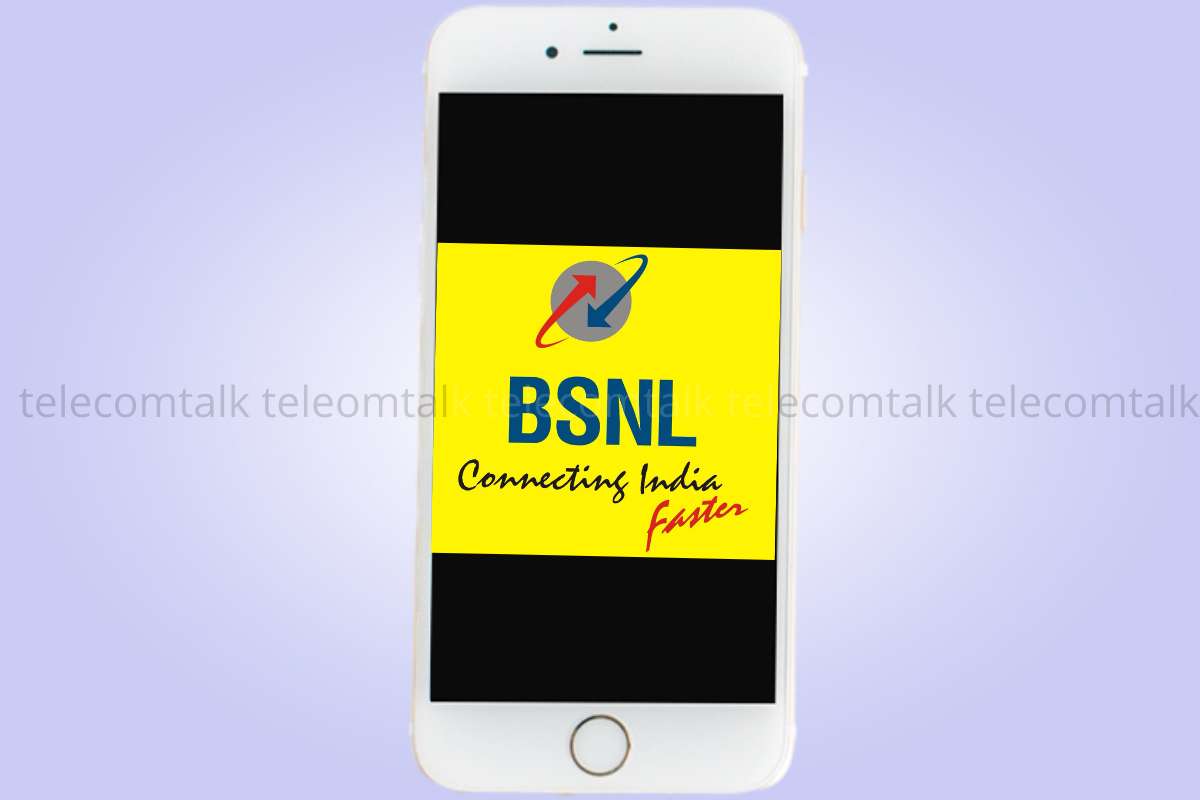Bharat Sanchar Nigam Limited (BSNL) has been working on rolling out 4G. But at the same time, the Centre for Development of Telematics (C-DoT), the R&D arm of the Department of Telecommunications (DoT) which is BSNL’s partner in launching indigenous 4G, has also been working on homegrown 5G solutions. C-DoT had earlier said that once BSNL launches 4G, it can also launch 5G with the help of a simple upgrade. There were indications that BSNL could get its 5G networks by 2023. If BSNL is able to roll out 5G networks by 2023, it will stand a chance to eat up some of the revenues coming from the enterprise or the B2B (Business-to-Business) segment. 5G services will be required by enterprises to automate different processes, and BSNL can jump in here to offer more affordable and quality services to the corporates with the power of seamless 5G.
BSNL Will Get a New Revenue Stream
This will be a completely new revenue stream for BSNL. While the state-run telco already offers enterprise services in India, they aren’t sought by many enterprises. Most enterprises prefer purchasing services or products of private telcos, including Reliance Jio, Vodafone Idea and Bharti Airtel. BSNL will be able to boost its revenues by offering enterprise services with the power of 5G networks. However, in order to do that, BSNL will have to first prove that its network is ready for the workload and the use-cases needed by the enterprises. The private telcos have done that over the last year. The major challenge for BSNL would be finding an appropriate testing partner. C-DoT will certainly help BSNL here.
BSNL Will Need More Time with 5G than Estimated
But it might take more time than what the officials related to the matter have been suggesting. None of the Indian companies have the kind of experience or proof of concept with 5G that international vendors such as Nokia and Ericsson do. Since BSNL is not allowed to partner with foreign vendors, it is doomed to wait for local Indian companies to generate PoC around 5G technologies and then also work with them on different use cases. This will involve a lot of money and time, both of which will certainly affect BSNL’s chances of rolling out 5G fast. Right now, BSNL should be focused on delivering 4G in every part of the country. The need for 4G is not going anywhere, at least for the next 6 to 7 years. Focusing on 4G and coming up with a better game plan to beat the private telcos would enable BSNL is earning more and grow fast in the future.
